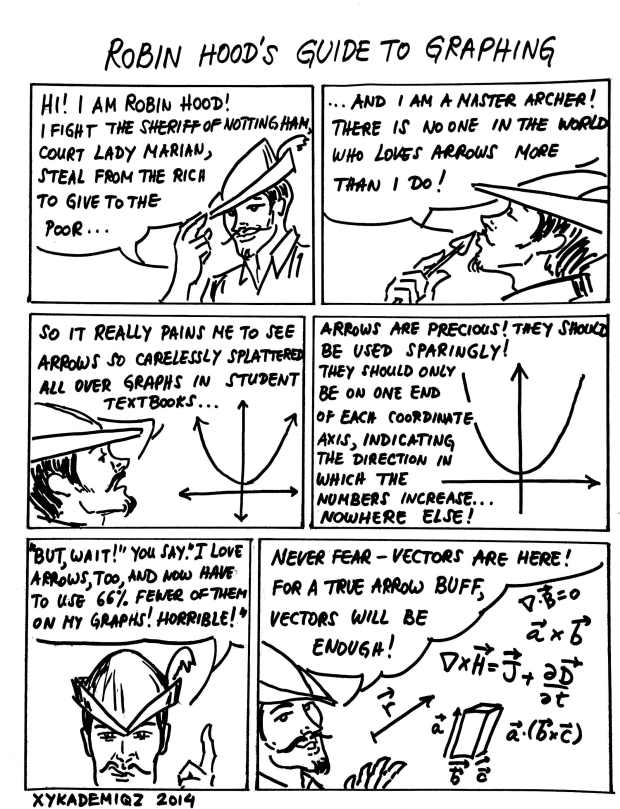— I am an associate editor of a specialized disciplinary journal. I try my best to include junior researchers (postdocs, young profs or nonacademic scientists, even some senior graduate students) as reviewers when I know they do good work based on what I have heard or seen them present at conferences. It turns out, a surprisingly high number of people cannot write a review to save their life. Some of them are junior, so they have the excuse of inexperience, but some should really know better.
I get these cryptic two-line reports with a recommendation to reject. WTF? That is not a report. I cannot send that on to authors, it gives me a basis for nothing. Especially if you are going to reject, you better give clear reasons for doing so. Even if the paper is crap, it usually (although not always) presents a considerable amount of work by the authors. If the paper sucks, tell them precisely why it sucks and how much it sucks, so they would know whether to try and fix it or that there is no hope and they should drop it.
How does one learn to write referee reports? Well, when it comes to my students, I send them samples of my reports to look at (ranging from minor revisions to rejections). But, one first and foremost learns from the reports received of one’s own papers. Which is why I wonder, especially for senior folks, how unobservant and unable to generalize they are, that they cannot figure out what is to be done based on their own experiences with being on the receiving end of reports. These are all skills necessary for doing science, how is it possible not to apply them when learning how to write reports?
— There are career editors and then there are editors who are practicing scientists. Either way, the longest part of the review-and-publication process should be the actual peer review. It should not be the time taken by the editorial office staff to check the formatting; it should similarly not be the time the editor takes to make a decision and transmit the referee comments to the authors after the peer review has been completed. I have found myself dreading submission to certain journals, because I know a paper in a certain field will go to a certain editor, and the editor has a habit of just sitting on the paper for days or weeks on end, both when it comes to making referrals and when it comes to making a decision (the time they take doesn’t seem to correlate at all with how hand-wringing the decision-making process might be; hearing about “major revisions” appears to take just as much time as receiving “publish as is”.
For editors who are practicing scientists, why do people take on this role if they are not committed to doing a good job? I know, becoming an editor in a good journal is an honor, but it’s also a job, and an important one. And part of doing it well also means doing it fast. I know some great associate editors who handle dozens of new papers per week very efficiently. But then there are others. And I wish someone gave them a kick in the pants so they’d finally get going.
Yes, I am very impatient. But you can bet that I am very efficient as associate editor.
— In professorial news, once again, the biggest problem of my undergrads is that they don’t know the math that they should know. They don’t have the facility with basic calculus, let alone analytic geometry. While some fairly complicated concepts can be hand-waved down to the levels of calculus or geometry, it’s of little use because these concepts, which should have been internalized long ago, appear only vaguely familiar to students as opposed to being tools wielded with confidence. Part of it, at my university, is the ever-shrinking list of required math courses so students could all get as many free electives as possible (?!); that’s because students feeling warm and fuzzy upon having customized their studies to the point of senselessness beats actually getting a solid education in the major. The worst thing is the students’ attitude that this insistence on calculating stuff, on — gasp! — using math, is somehow unnecessary and is in the way of actual real knowledge. They want to make it go away and get to the good stuff. They cannot. I am all for pictures and analogies and building one’s intuition. I draw in class more than I write equations. But this is fairly high-level stuff, and the intuition has to be already honed by both math and experience with other similar problems. Students cannot expect everything worth knowing as a senior in a physical science discipline to just be qualitative or requiring no more than arithmetic and high-school algebra. I am really tired of having to apologize for what is really not particularly high-level math that they should be proficient in anyway.


